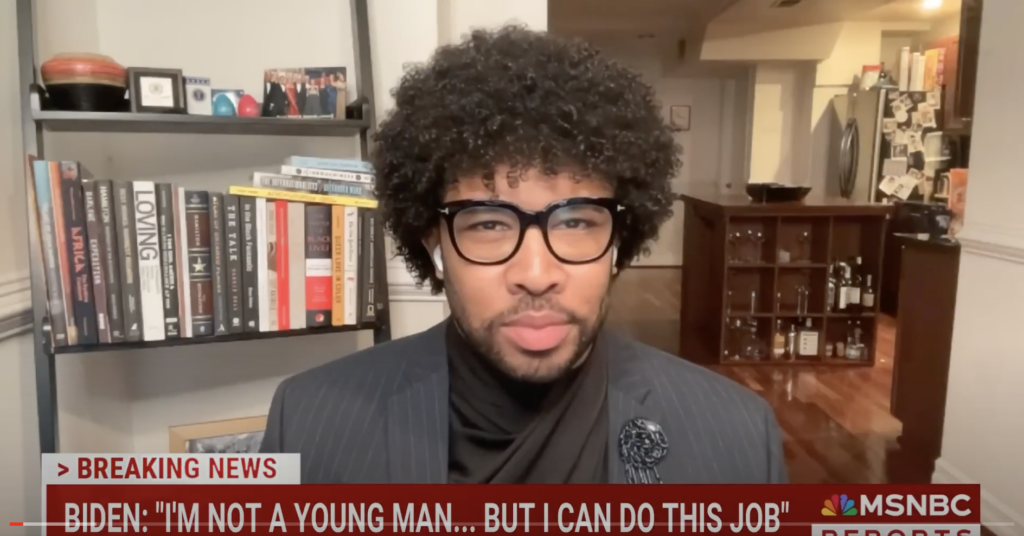Democrats propose resolution to bypass Tuberville’s holds on military nominations.
Senate Democrats Push Resolution to Break Through Hold on Military Nominees
Senate Democrats are taking action to overcome a hold placed by Sen. Tommy Tuberville (R-Ala.) on confirmation votes for military nominees. In an effort to bypass this hold, Sen. Jack Reed (D-R.I.) introduced a resolution that would allow confirmations of multiple military nominees through a single en bloc vote. This resolution aims to create a standing rule that streamlines the confirmation process and eliminates the need for individual votes on each nominee.
Under the current rules, the Senate can confirm multiple nominees at once through unanimous consent. However, Sen. Tuberville has been objecting to these requests, forcing the Senate to rely on the cloture process for individual votes. His objection is tied to a policy regarding abortion-related travel costs for Department of Defense personnel. Sen. Reed’s resolution seeks to overcome this hold by allowing cloture motions for multiple military nominees en bloc.
The resolution includes a provision that excludes nominees to positions on the Joint Chiefs of Staff and commanding officers of military combatant commands from en bloc considerations. It also has a limited duration, applying only during the 118th Congress, which ends on Jan. 3, 2023.
Resolution Could Divide Republicans
Senate Majority Leader Chuck Schumer (D-N.Y.) has expressed support for Sen. Reed’s resolution and plans to bring it to the Senate floor. However, the number of votes required for its passage is yet to be determined. With Democrats holding 48 seats and Republicans holding 49, Sen. Reed will need Republican support for the resolution to succeed.
While Senate Democrats have been united against Sen. Tuberville’s holds, Senate Republicans have had mixed views. Some support his pressure tactic on the abortion travel policy, while others are concerned about the backlog of military officers awaiting confirmation. A group of Republican senators recently requested unanimous consent for individual confirmation votes on 61 military nominees, highlighting the need for a resolution like Sen. Reed’s.
As of now, no Senate Republican has publicly endorsed Sen. Reed’s resolution.
Source: NTD News
Why is Tuberville holding up military nominations?
Despite several high-level vacancies and the growing backlog, he has said he will continue to hold the nominees up unless the Pentagon ends — or puts to a vote in Congress — its new policy of paying for travel when a servicemember has to go out of state to get an abortion or other reproductive care. Unnecessary delays in filling critical military positions.
The hold placed by Sen. Tuberville has been causing a significant backlog in the confirmation of military nominees. This has raised concerns among Senate Democrats, who believe that the delay is detrimental to national security and the overall functioning of the military.
To address this issue, Sen. Reed has proposed a resolution that would enable multiple military nominations to be confirmed in a single en bloc vote. This means that instead of voting on each nominee individually, the Senate would vote on a group of nominees as a whole. The intention behind this resolution is to expedite the confirmation process and ensure that vacancies in the military are filled in a timely manner.
By streamlining the confirmation process, the resolution would not only save time but also enable the Senate to focus on other pressing matters. This is particularly crucial during times of turmoil and uncertainty, where the military plays a vital role in maintaining stability and security.
It is important to note that while this resolution aims to address the current hold on military nominees, it also has broader implications for the confirmation process as a whole. By establishing a standing rule for en bloc voting, the resolution could potentially be applied to other nominations in the future. This would provide a more efficient and effective method for confirming nominees across various governmental agencies.
However, the introduction of this resolution is not without opposition. Some critics argue that en bloc voting undermines transparency and dilutes the accountability of individual nominees. They believe that each nominee should be thoroughly vetted and evaluated separately to ensure their qualifications and suitability for the position.
Despite these concerns, Senate Democrats remain steadfast in their push for this resolution. They argue that the current hold on military nominees is an obstruction to national security and that swift action is necessary to address this issue. They also emphasize the need for a more streamlined confirmation process that avoids unnecessary delays and ensures the efficient functioning of the government.
In summary, Senate Democrats are taking proactive steps to break through the hold on military nominees by introducing a resolution for en bloc voting. This resolution aims to streamline the confirmation process and eliminate unnecessary delays in filling critical military positions. While it may face opposition, its proponents argue that it is a necessary measure to ensure national security and the overall effectiveness of the military. Ultimately, the resolution’s success or failure will have significant implications for the confirmation process and the functioning of the government as a whole.
" Conservative News Daily does not always share or support the views and opinions expressed here; they are just those of the writer."





